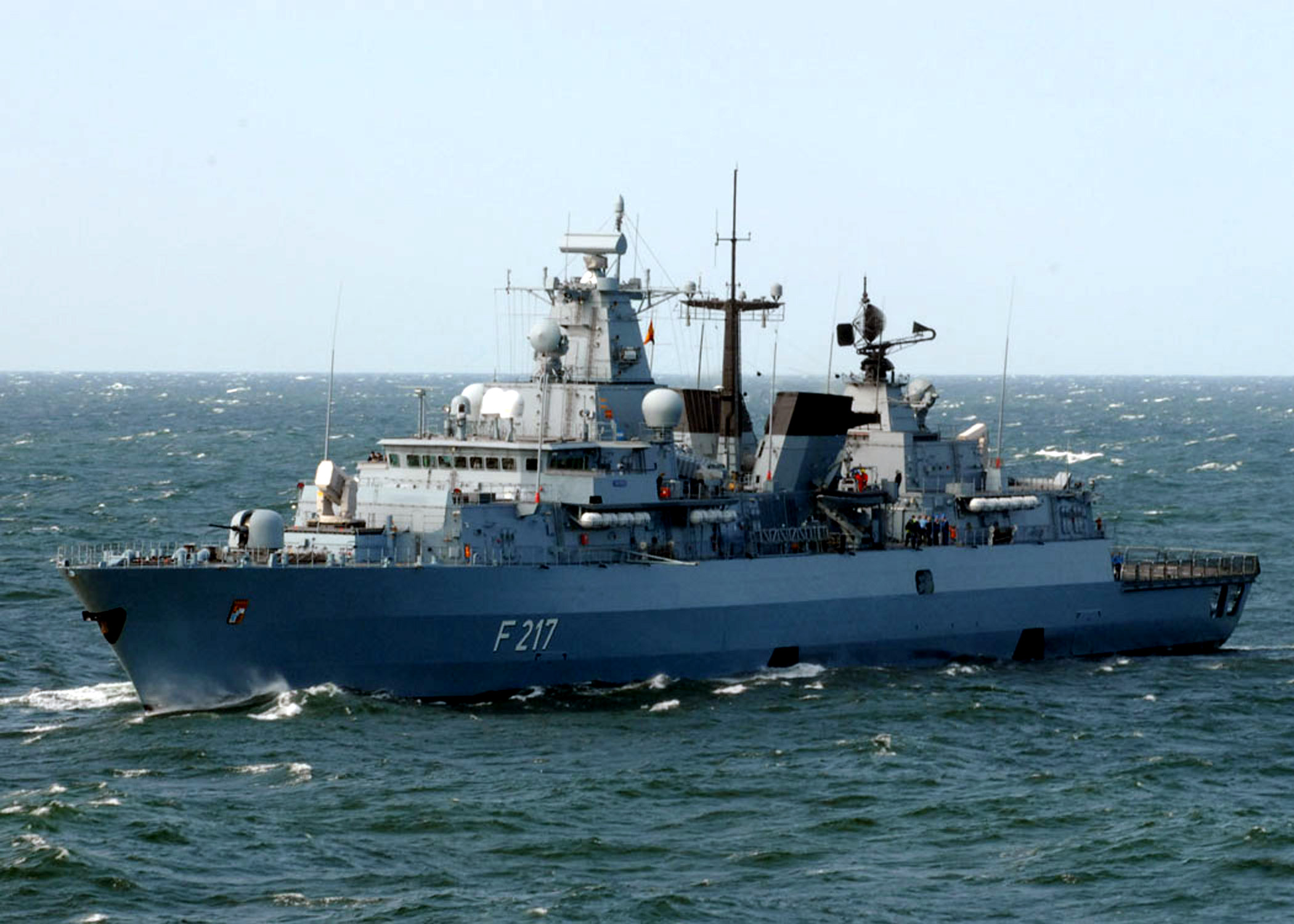On January 29, Japan and Germany finalized a significant military agreement to bolster their defense collaboration amidst growing concerns over China’s assertiveness in the Indo-Pacific region.
The agreement, termed an acquisition and cross-servicing agreement (ACSA), was signed in Tokyo by Japanese Foreign Minister Yoko Kamikawa and German Ambassador Clemens von Goetze.
This pact streamlines exchanging essential supplies like food, fuel, and ammunition between Japan’s Self-Defense Forces and the German military.
Both nations emphasized their commitment to promoting a free and open Indo-Pacific, with Kamikawa highlighting the agreement’s role in enhancing international peace and security.
The bilateral accord grants permission for joint exercises utilizing each other’s facilities, pending approval by Japan’s parliament, while Germany requires no domestic procedures.

Kamikawa said that the treaty symbolizes a proactive step towards collectively bolstering international peace and security by Japan and Germany.
According to the Japanese Foreign Ministry, negotiations on this agreement commenced in September 2023, with both parties reaching a consensus last month.
Japan has already inked the Acquisition and Cross-Servicing Agreements (ACSA) with the United States, Britain, Australia, and India.
The timing of the new agreement underscores Tokyo and Berlin’s increasing recognition of the interconnected nature of security challenges confronting Asia and Europe.
This recognition is particularly salient in light of China’s expanding military influence and Russia’s actions since the invasion of Ukraine in February 2022.
Last year, foreign and defense ministers from Japan and Germany reaffirmed their staunch opposition to unilateral efforts to change the established order through force in the East and South China Seas.
This stance was communicated amidst widespread criticism of China’s increasingly assertive actions in these maritime regions.
On the other hand, Chinese media have previously criticized Japan’s actions, alleging that its reliance on hegemony to form small alliances and military blocs aimed at other nations reflects a Cold War mentality. They argue that such tactics harm regional and global peace, stability, and development.
Japan, Germany Strengthening Cooperation
Japan and Germany have been intensifying their security collaboration in response to growing apprehensions about China’s expanding economic and military influence in the Indo-Pacific region in recent years.
Since the publication of Indo-Pacific guidelines in September 2020, Germany has bolstered its security policy and military cooperation with Japan.
The overarching objective of these guidelines is to uphold the rules-based international order, emphasizing the significance of accessible sea routes and regional stability for Europe’s security and prosperity.
Furthermore, Bundeswehr has consistently increased its engagement in the Indo-Pacific region following the adoption of these guidelines.
A notable expression of support was the frigate “Bayern” visit to Tokyo in November 2021, marking the first port visit by a German Navy ship to Japan in nearly two decades.

The German vessel actively participated in collaborative military exercises with the Japanese Navy. It also engaged in a United Nations-sanctioned maritime surveillance mission to monitor activities related to North Korea.
In 2022, the German Air Force joined the multinational exercise Pitch Black 22 in Australia alongside Japanese and other partner forces. Following the maneuvers in Australia, German Eurofighters made a historic stop in Tokyo, marking the first landing of German fighter jets in Japan.
Both Germany and Japan strongly condemn Russia’s aggressive actions in Ukraine and stress their commitment to international law and standing in solidarity with Ukraine in its defensive struggle.
Furthermore, Germany and Japan share concerns about China’s escalating regional assertiveness, especially in terms of geopolitical activities, territorial claims in the South China Sea, and military posturing towards Taiwan.
The deepening security policy and military cooperation between Germany and Japan align with broader efforts by the EU and NATO to enhance dialogue and collaboration with both new and existing partners in the Indo-Pacific region.
On the other hand, Chinese experts contend that as the United States escalates its strategic rivalry with China, focusing on curbing China’s influence in industrial, supply chain, and high-technology sectors, companies in Germany and Japan will inevitably face challenges.
This is due to their extensive trade ties with China, which could be affected by the US’s agenda to decouple from China.
These experts said that Tokyo has increased its engagement with the US-led NATO to draw members, particularly Berlin, into the Asian theater to “counterbalance China.”
- Contact the author at ashishmichel(at)gmail.com
- Follow EurAsian Times on Google News




